Question And Answer
Publications
Articles, publications, books, tools and multimedia features from the U.S. Institute of Peace provide the latest news, analysis, research findings, practitioner guides and reports, all related to the conflict zones and issues that are at the center of the Institute’s work to prevent and reduce violent conflict.

Colombia: U.S. Aids Peace by Lifting ‘Terrorist’ Label From FARC
The U.S. government has opened opportunities to strengthen the implementation of the fragile 2016 peace accord and stem rising conflict in Colombia by ending its designation of the former Colombian guerrilla movement, FARC, as a terrorist group.
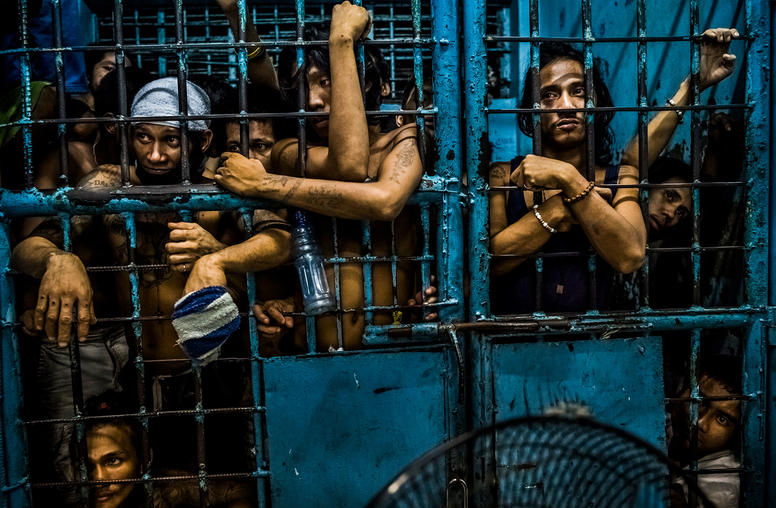
To Consolidate Democracy, Change U.S. Security Assistance
As the United States pursues its initiative to bolster democratic rule and human rights after last week’s Summit for Democracy, a priority should be to diagnose and repair the flaws in U.S. and allied approaches to helping vulnerable nations strengthen their security. Our existing pattern of security sector assistance focuses largely on training and equipping such nations’ forces, and it emphasizes the security of governments and institutions, rather than of the people they are meant to serve. This type of assistance prioritizes short-term tactical gains to the detriment of long-term U.S. strategic goals—and it should be reformed.
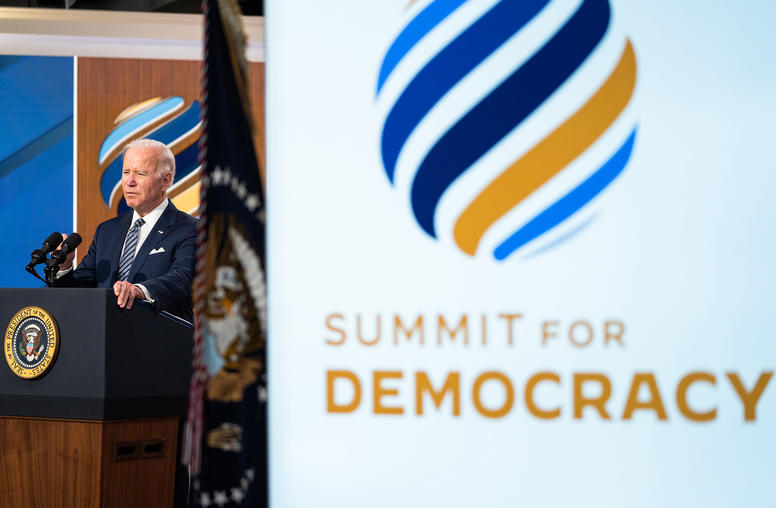
How to Deliver for Citizens in Fragile States After the Democracy Summit
Last week’s Summit for Democracy hosted by President Biden was a call to action. The first-ever international convening of its kind, it offered democratic leaders an opportunity to announce political commitments to reform over the coming year, and to begin to share experiences and learn from each other in a more deliberate way than has been the case to date. Given the unprecedented threats facing democratic systems worldwide, it was an important and timely step. What is less clear is what the summit entails for a particular subset of aspiring democracies: countries currently or recently affected by civil war that are transitioning to democracy.
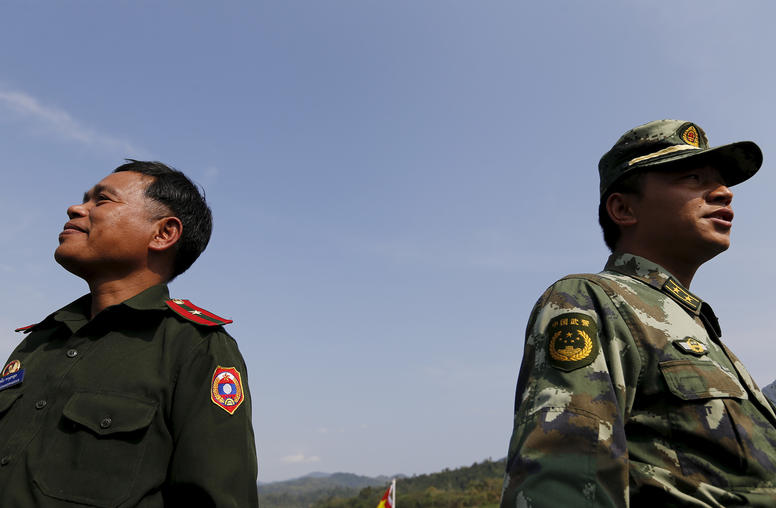
China’s Security Force Posture in Thailand, Laos, and Cambodia
China’s geo-economic influence is empowering the expansion of its security force posture in the Lower Mekong region, which should be of concern to both maritime Southeast Asia and the United States. While Thailand, Laos, and Cambodia—the geographic core of mainland Southeast Asia—are demonstrating resilience and sustaining some strategic autonomy, several trends indicate that their options may be increasingly limited. This report looks at China’s security force posture in these nations, the possible ramifications of that posture, and considerations for balancing U.S. policy and outreach.
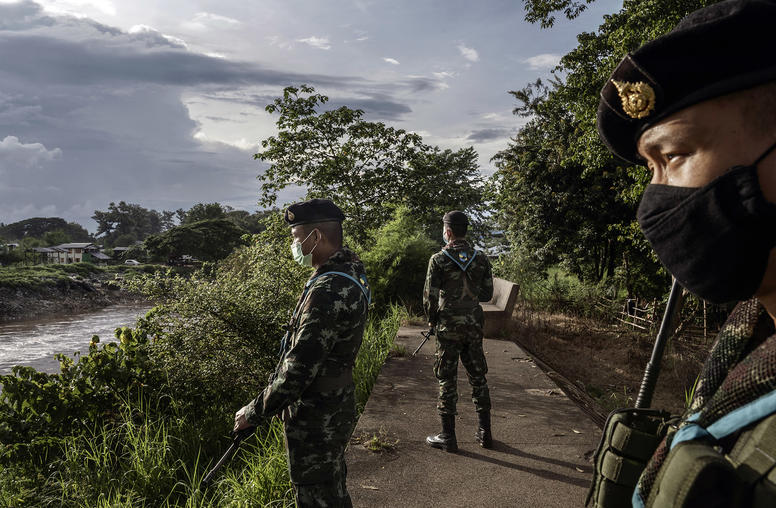
Three Priorities for U.S.-Thailand Cooperation in Myanmar
Secretary of State Antony Blinken was forced to cut short his first trip to Southeast Asia this week, scrapping plans to meet with Thai officials due to COVID-19 concerns. That talks with Thailand, specifically, were put on hold is an unfortunate development. Because while Blinken’s agenda for the trip was wide-ranging, the crisis in Myanmar was at the top of his list. And with a nearly 1500-mile border and close ties with Myanmar’s military junta, Thailand has the greatest stake in Myanmar’s future among ASEAN countries. As the world discusses a strategy for addressing the crisis in Myanmar, Thailand’s potential influence — especially with respect to humanitarian access — could prove consequential.

William Taylor on the Russia-Ukraine Crisis
As Russia continues its military build-up along the Ukrainian border, USIP’s Ambassador William Taylor says diplomatic talks are the best path toward a peaceful resolution — but that we still don’t fully understand Putin’s intentions: “Is he bluffing? Is he trying to intimidate … or is he serious about invading?"
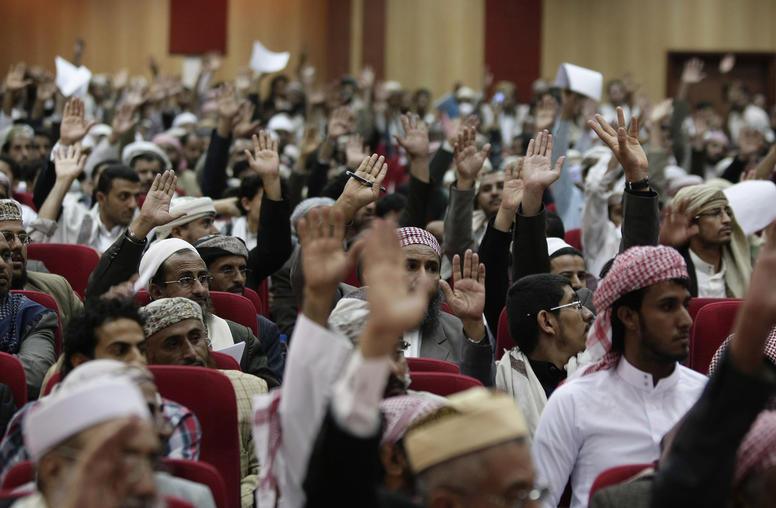
Dialogues nationaux sur la consolidation de la paix et les transitions créativité et pensée adaptative
Dans le meilleur des cas, les processus de dialogue national promettent d’apporter un élan décisif à la transformation inclusive du conflit. Ce rapport examine les dialogues dans six pays: la République Centrafricaine, le Kenya, le Liban, le Sénégal, la Tunisie et le Yémen. Ces divers processus montrent les possibilités de favoriser le dialogue, de forger des accords et de progresser vers la paix; et le rapport offre des conseils détaillés sur les possibilités et les aspects pratiques pour ceux qui envisagent d'organiser un dialogue national.
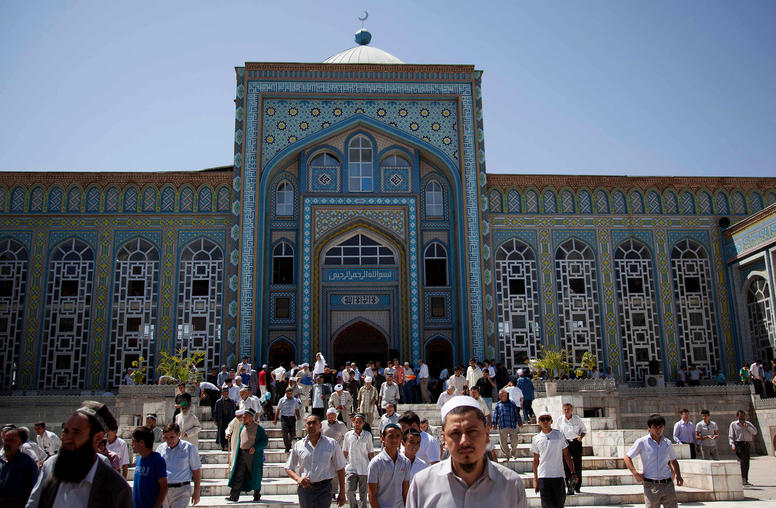
Engaging with Muslim Civil Society in Central Asia: Components, Approaches, and Opportunities
When Western policymakers and development practitioners turn their attention to Central Asia, they too often overlook Muslim civil society as a potential partner for addressing the region’s economic and social problems. This report, which is based on dozens of interviews with representatives of Muslim civil society organizations in Kazakhstan, Kyrgyzstan, Tajikistan, and Uzbekistan, is intended to help generate a much-needed conversation about Muslim civil society in Central Asia and how Western donors and practitioners can begin tapping their potential.
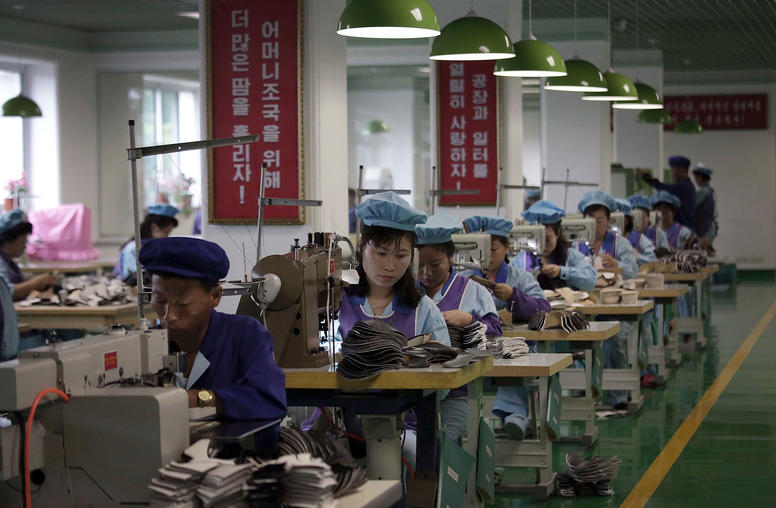
Removing Sanctions on North Korea: Challenges and Potential Pathways
Sanctions have been a key part of US and international policy toward North Korea since the Korean War. In more recent decades, sanctions have been used to deter North Korea from pursuing nuclear weapons and ballistic missiles programs. This report describes the impact sanctions have had on North Korea and examines the question of whether a different approach—one focused on sanctions relief and removal—might better facilitate long-term peace and stability on the Korean Peninsula.
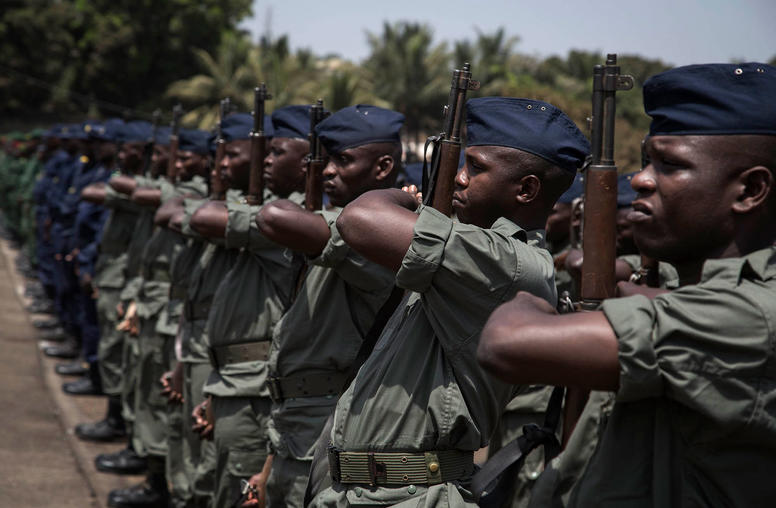
Guinea’s Lesson for Strengthening Democracy: Use ‘Peer Power’
As dozens of nations seek to strengthen democracy at this week’s White House summit, indicators for effective methods can be found in Guinea, one of five nations that this year suffered a coup by its military. An overarching lesson is for the United States and other more distant governments and institutions to recognize the greater efficacy of putting regional communities in the lead. For Guinea, this will mean supporting a stronger role by neighboring countries and the Economic Community of West African States (ECOWAS)—a 15 nation grouping that has shown real promise as a promoter of democracy.